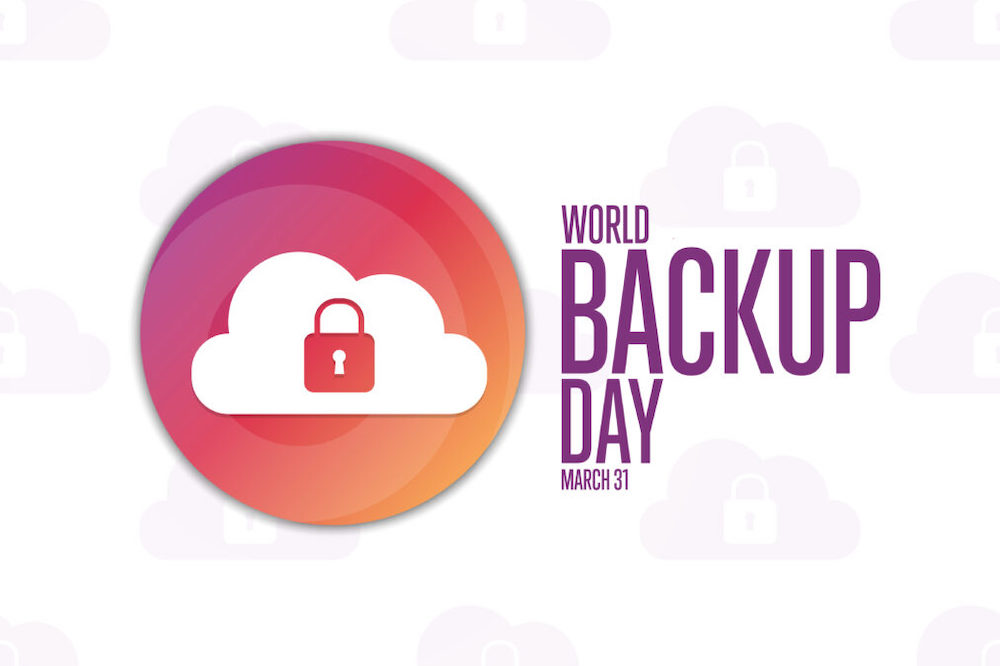
On 31st March each year since 2011, the world celebrates World Backup Day, a day that reminds us of the importance of regularly backing up data. The annual event is set aside in recognition of the fact that most people fail to back up their data, putting themselves and their organizations at risk.
But why is it important to back up your data? Let’s start by looking at various ways that can lead to data loss.
Data loss can occur due to a number of reasons such as hardware failure, software corruption, malware attacks, natural disasters, and even human error. The amount of money that businesses lose due to data loss can vary depending on various factors such as the size of the business, the industry, and the type of data loss. However, studies suggest that the cost of data loss can be significant, with some estimates ranging from thousands to millions of dollars per incident. And one can imagine the devastating consequences if an organization like a hospital, emergency responders, or military agency lost access to critical data.
Carl D’Halluin, Chief Technology Officer (CTO) at data management company Datadobi says, “Failing to backup your data can have catastrophic consequences, as a single hardware failure, cyber-attack, or natural disaster can wipe out all your valuable information, leaving you with no way to recover it. This means that years of hard work can all be lost in an instant, with no chance of retrieval. Even the cost of losing just a portion of your important data can be immeasurable, with potential financial, legal, and reputational implications that can last for years.
An important step of data management is identifying the vital data that requires protection. You need to know whether this data exists on-premises, remotely, or in the cloud.
“You cannot backup what you cannot find.” experts from DataDobi opine say.
Once you identify the data, go ahead and seek a suitable solution from specific vendors. You also need to acknowledge that there are several data types such as file and object data. The solution should be capable of evaluating and interpreting various data characteristics such as data size, format, creation date, type, level of complexity, access frequency, and other specific factors that are relevant to your organization.
.” Subsequently, the solution should allow the user to organize the data into a structure that is most suitable for the organization’s particular needs and empower the user to take action based on the analyzed data. In this case, backup the necessary data to the appropriate environment(s). And, if necessary, the solution should enable the user to identify data that should be organized into a ‘golden copy’ and move that to a confidential, often air-gapped environment.”
As the world celebrates World Backup Day, it is critical to remember that businesses that invest in data protection are better equipped to navigate unexpected data loss events, maintain regulatory compliance, and protect their critical assets and reputation. Bottom-line, investing in data protection is not just smart, it’s essential for business success.
Follow us on Telegram, Twitter, and Facebook, or subscribe to our weekly newsletter to ensure you don’t miss out on any future updates. Send tips to info@techtrendske.co.ke



